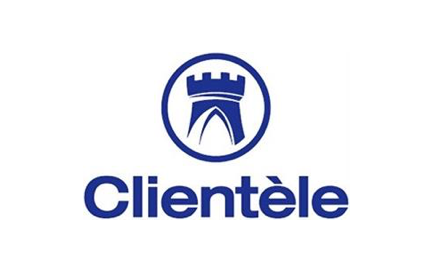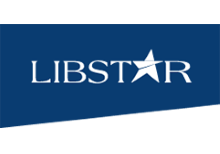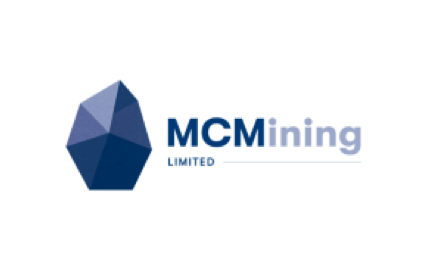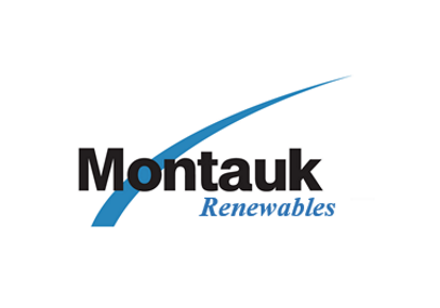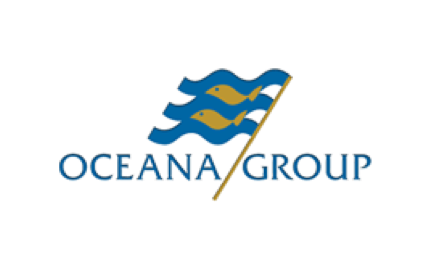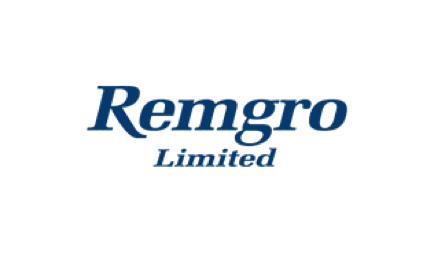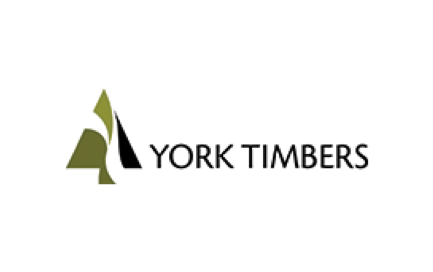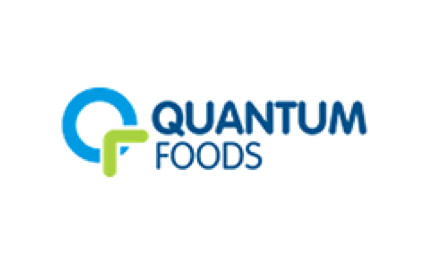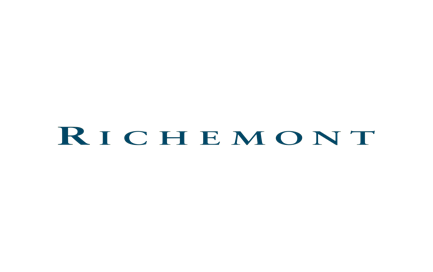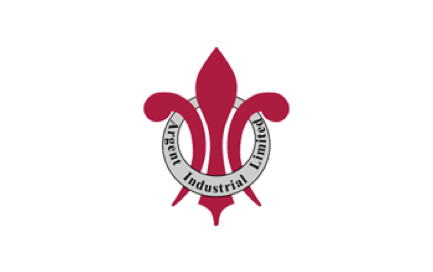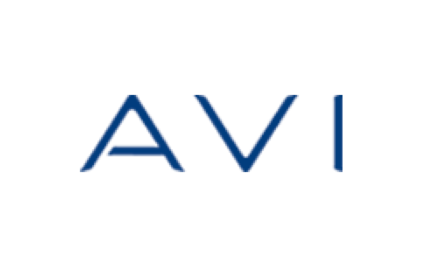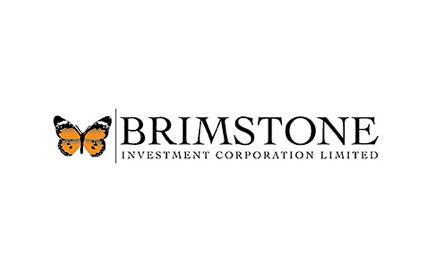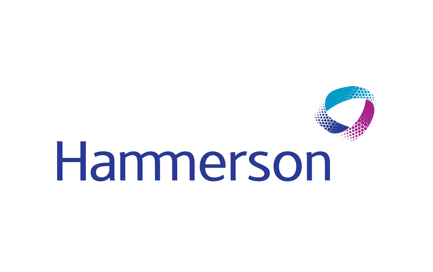Get the latest recap of JSE news in the Ghost Wrap podcast, brought to you by Mazars:

Clientele’s earnings are impacted by IFRS 17 (JSE: CLI)
For whatever reason, they opted to give minimal detail on this in the trading statement
Clientele needed to release a trading statement because they know that HEPS for the six months to December 2023 will be between 37% and 57% lower than the comparable period. This is well above the 20% move that triggers a trading statement.
The frustrating thing is that much of this move will no doubt be attributable to the adoption of IFRS 17, which requires detailed disclosure to understand properly. The company is only going to explain the IFRS vs. operational move when interim period results are released on 22 March, so for now this trading statement isn’t helpful at all.
All we know is that IFRS 17 has resulted in a significantly higher net asset value for the group, yet earnings have been negatively impacted by the new way of measuring insurance contracts.
Libstar: a much better second half of 2023 (JSE: LBR)
The release of full-year results shows an 11.2% drop in normalised HEPS
I must begin this section by pointing out that Libstar’s normalised HEPS was down 44.9% for the first half of 2023, so to claw that back to a full-year drop of “only” 11.2% is impressive. They aren’t joking when they talk about much better trading results in the second half of the year.
Gross profit margin seemed to be the biggest source of improvement vs. the first half. It was up 10 basis points for the year, which is a major jump vs. the interim period where it was down by 210 basis points. They talk about production efficiencies and cost management as the driver of this improvement.
Looking at the year as a whole, revenue was up 5.2%, with selling price inflation and mix changes contributing +10.0% and sales volumes -4.8%. This is a similar pattern to what we’ve seen at other foods producers.
Normalised EBITDA was down 3.3% for the full year, which isn’t good news when a company has debt on the balance sheet. Sure enough, net finance costs were up 53.3%, hence why HEPS took the knock that it did.
Aside from a second half of the year that clawed back a lot of pain, the other highlight is that cash generated from operations was up 3.3%. That’s strong cash management when you consider that EBITDA was down 3.3%!
The margin improvement in the second half of 2023 has been sustained during the first 8 weeks of the new year. The group is strongly focused on finding efficiencies in its operations, including through restructuring processes where necessary.
The share price closed 5.4% higher in response to this update. Still, it’s lost a third of its value over the past 12 months.
MC Mining: offers, going concern assumptions and more (JSE: MCZ)
There’s a lot going on here
If you’ve been following the story of MC Mining, you’ll know that the company has been at the centre of a rather juicy takeover battle. Goldway wants to acquire all the shares in the company and the independent board is pushing back, saying the offer undervalues the company.
One thing is for sure: it’s a lot easier to convince shareholders of this fact when the interim report doesn’t have an entire section that draws attention to material uncertainty regarding the group’s ability to continue as a going concern. The directors have made strong statements that they believe that cash flow forecasts suggest that the group will be fine. Either way, this creates room for debate.
It also doesn’t really help that despite an 80% increase in revenue, cost of sales increased to such an extent that gross profit fell from $3.9 million to $1.1 million. The loss for the period worsened from $1.3 million to $5.8 million.
Cash and cash equivalents fell from $7.5 million to $2.0 million.
The debate around whether the Goldway offer is opportunistic or fair is going to be one to keep watching.
Montauk Renewables saw a 59% drop in HEPS (JSE: MKR)
And they make literally zero effort to help the market understand their business
Most companies on the market really try to help investors get a deeper understanding of what is going on. They release SENS announcements that give a proper narrative to the numbers, explaining the key drivers of performance.
Not so at Montauk Renewables, which does the bare minimum investor relations effort despite a market cap of nearly R13 billion.
If you have the time and inclination, you can work through the 135 pages of the annual report that was filed with the SEC (because the company is listed on the Nasdaq).
I’ll just focus on the numbers, which is all that the company does on SENS anyway. Revenue fell 15% and HEPS fell 59%.
The share price has lost roughly half its value just this year.
Oceana’s US operations are doing the heavy lifting (JSE: OCE)
This is the benefit of diversification, as local operations come under pressure
Over the past couple of periods, the highlight in Oceana’s numbers could be found in the Lucky Star business. For the six months to March 2024, it looks like the trend has changed.
For the five months to 25 February, Lucky Star’s revenue was down 8.7%. There’s a strong base effect here, as the comparable period had exceptionally high volumes as customers bought ahead of pricing increases. Another knock to the South African operations came from a 36.3% drop in fishmeal and fish oil revenue, with lower sales volumes. Production volumes also dropped as the company implemented factory upgrades, so that hit margins as well.
In the wild caught seafood segment, SA horse mackerel performance was impacted by lower catch rates and an important vessel suffering an unplanned major breakdown. Things were better in Namibia at least, with improved catch rates. Hake catch rates were below historical averages, but European demand was strong and sales volumes increased. In squid, poor fishing conditions impacted catch rates. Overall, this segment saw revenue drop by 18.4%.
We now arrive at the good news, which is that revenue in the fishmeal and fish oil business in the US has more than doubled. This was thanks to higher inventory levels and improved global pricing. This makes such a huge difference to the numbers that it far more than offsets the challenges in the South African operations. For the six months to March 2024, Oceana expects group HEPS to be at least 60% higher year-on-year, which is an incredible jump when you consider the South African side of things in these numbers.
Looking ahead to the second half of the year, Oceana expects improvement at Lucky Star. Anchovy and red eye landings between March and July will be key to the local fishmeal and fish oil business. On the global side, there are supply considerations in Peru that the market is watching carefully as an indication of pricing.
If nothing else, the detail I’ve gone into here hopefully shows you the vast array of external factors that influences Oceana’s performance in each period.
Remgro announces Mediclinic’s performance (JSE: REM)
It’s interesting to see this disclosure approach from Remgro
Mediclinic is no longer separately listed, yet Remgro seems to want to continue with separate disclosure for Mediclinic due to the group’s significant contribution to Remgro’s overall value. That’s good news for investors. More disclosure is always good news.
The release focuses on the six months to September 2023 (which is quite outdated now) and comments on the outlook for the year ending March 2024, which is nearly complete.
The results for the interim period showed 5% growth in group revenue (measured in US dollars) and a 4% decrease in adjusted EBITDA. Margins went backwards in Switzerland and Southern Africa, with the Middle East moving higher. Adjusted earnings were flat at $81 million.
In other words, my overall opinion that hospital groups are unexciting investments isn’t being changed by those numbers.
The full-year outlook is for flat revenue in Switzerland, growth of 6% in Southern Africa and growth of 9% in the Middle East. EBITDA margin for Switzerland is expected to be down from 14.7% to 13% (a significant decrease), with Southern African dropping from 19.4% to 18%. The Middle East is also expected to dip at margin level, from 14.4% to 14.0%.
I really don’t understand the appeal here, but then I’m not a billionaire. They clearly see something to get excited about.
York Timber’s HEPS dropped as hard as the trees (JSE: YRK)
I still think this is an eternal value trap on the local market
York Timber is one of those companies that occasionally gets people excited, shortly before disappointing punters once again. The share price is down nearly 27% in the past 12 months. Over 5 years, it’s up 8%. I think that watching the trees grow could be a more exciting activity than being a long-term holder here.
Results for the six months to December 2023 are expected to reflect a drop in HEPS of between 62% and 67%. If you strip out the fair value adjustments to the biological assets and just focus on what they call core EPS, a loss in the prior period of 2.62 cents has worsened to a loss of between 9.98 cents and 10.11 cents.
One day, someone smarter than me at understanding the logic behind IFRS will have to explain to me why the value of the biological assets seems to have little reference to the profits (or lack thereof) that York manages to extract from them.
Little Bites:
- Director dealings:
- It comes through as a director dealing because the founder of the investment advisor to Aristotle Africa sits on the board at Quantum Foods (JSE: QFH), but I would see this trade as the allocation of institutional funds. Still, there’s a purchase here by Aristotle of R11.5 million worth of shares in an off-market deal at R7.75 per share.
- An executive director of Richemont (JSE: CFR) has sold shares in the company worth R1.7 million.
- There’s a mixed bag of approaches by directors of Lucky Star, which is part of Oceana (JSE: OCE). Three of them received vested shares and two of the directors sold in full it seems, for a total value of R1.3 million. The other director only sold enough to cover the tax and retained R553k worth of shares in Oceana.
- The CEO of Argent Industrial (JSE: ART) has sold shares in the company worth R1.15 million.
- A director and the company secretary of AVI (JSE: AVI) both received shares in the company and sold the whole lot, rather than just the taxable portion. The total value is around R300k.
- One of the founders of Brimstone (JSE: BRN) bought N ordinary shares in the company worth R11.8k.
- MiX Telematics (JSE: MIX) announced that the proposed transaction with PowerFleet has now met all outstanding conditions. The merged group, trading under the PowerFleet name, will be listed on our local market from 26 March.
- Accelerate Property Fund (JSE: APF) shareholders voted almost unanimously in favour of the proposed disposal of Eden Meander Shopping Centre. They know that the company needs to bring the overall debt level down as soon as possible.
- Hammerson (JSE: HMN) has completed the disposal of Union Square for £111 million.
- As has been the standard approach in recent periods, Lighthouse Properties (JSE: LTE) is offering a scrip dividend alternative to shareholders. I suspect that we will see the major shareholders choose to receive shares instead of cash here.



